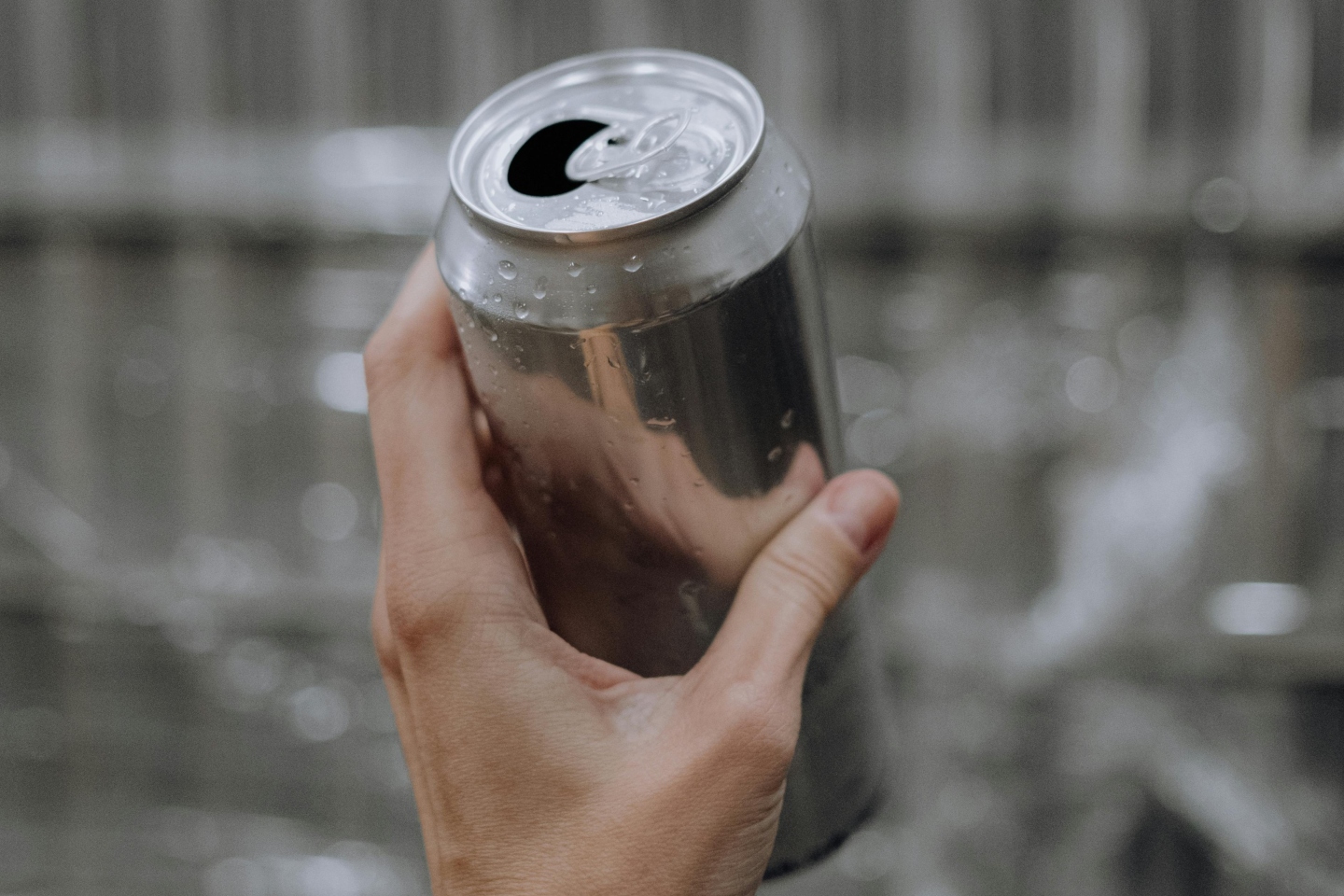ABx Group’s 83 per cent-owned subsidiary ALCORE will look to further refine its process to recover and recycle waste aluminium fluoride after securing a $474,000 Australian Government rebate for its research-and-development work in the past financial year. ALCORE’s “world-first” and environmentally-friendly process has been designed to recover hydrogen fluoride from the excess bath that is produced during the smelting of aluminium.


ABx Group’s 83 per cent-owned subsidiary ALCORE will look to further refine its process to recover and recycle waste aluminium fluoride after securing a $474,000 Australian Government rebate for its research-and-development (R&D) work in the past financial year.
ALCORE’s “world-first” and environmentally-friendly process has been designed to recover hydrogen fluoride from the excess bath that is produced during the smelting of aluminium. It is then combined with aluminium hydroxide to produce aluminium fluoride – a high-value chemical essential for aluminium smelting.
Following the mining of the principal ore of aluminium (bauxite), aluminium oxide, or alumina, is produced by the Bayer process at a refinery. The next step of aluminium smelting is the process of extracting aluminium metal from the oxide, alumina.
Cryolite, or what is referred to as “bath”, is used in the manufacture of aluminium to cover the melted aluminium and prevent it from oxidising and is also required to keep the melting temperature relatively low and reduce energy consumption. It has proven to be a good solvent for alumina and also permits metal separation from the melt, with the metal sinking to the bottom of the electrolytic cell.
The electrolytic process takes place in a molten bath of cryolite and alumina.
ABx Group managing director and chief executive officer Mark Cooksey said: “Alcore and ABx Group are extremely appreciative of the Federal Government’s R&D tax offset program which greatly assists in funding our various work programs.”
In June, ALCORE revealed that testwork using its pilot bath reactor is capable of achieving a 93 per cent fluorine recovery from excess bath material – a level of fluorine recovery considered highly likely to be sufficient in a commercial plant. The reactor is currently operating at the ALCORE Technology Centre on the NSW Central Coast and has been designed specifically for the recovery of fluorine from excess bath to produce hydrogen fluoride.
At commercial scale, a proportion of the hydrogen fluoride would be further processed via an existing commercial process to produce aluminium fluoride. The material can then be recycled back to the industry as an essential material instead of it having to be fully imported.
Most aluminium fluoride for the Australian industry is currently supplied by China.
ABx, through ALCORE, plans to use the latest process results to further refine its continuous pilot plant reactor configuration and tune the operating conditions. It believes a slightly higher conversion rate can be achieved in a continuous pilot process due to the larger scale of the plant and its design modifications.
The company’s next stage of work is expected to involve a combination of a bath pilot batch reactor and specialised laboratory reactor.
ABx says it is also expecting an additional rebate for its R&D activities related to its wholly-owned Deep Leads–Rubble Mound rare earths project in northern Tasmania.
Is your ASX-listed company doing something interesting? Contact: matt.birney@businessnews.com.au












